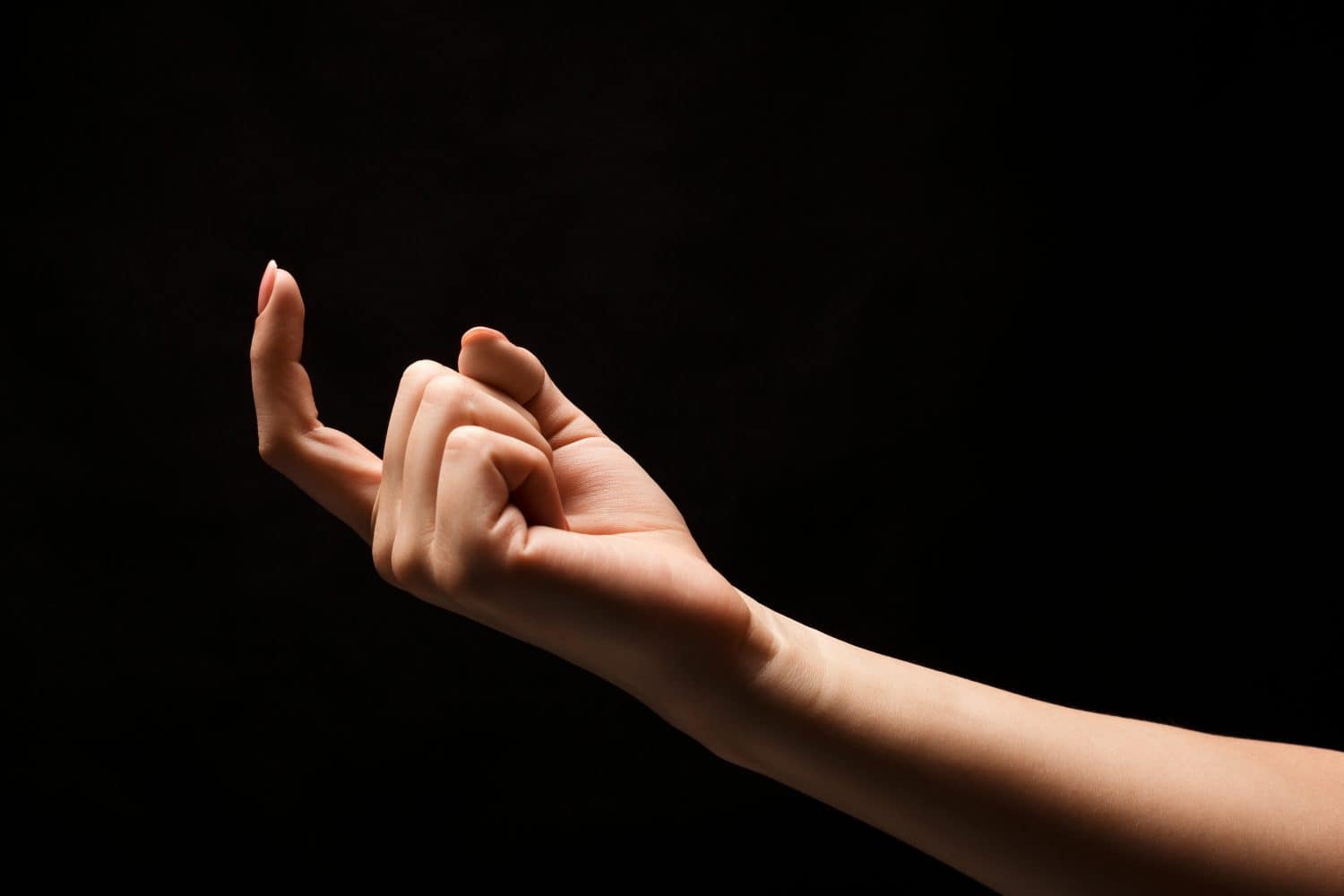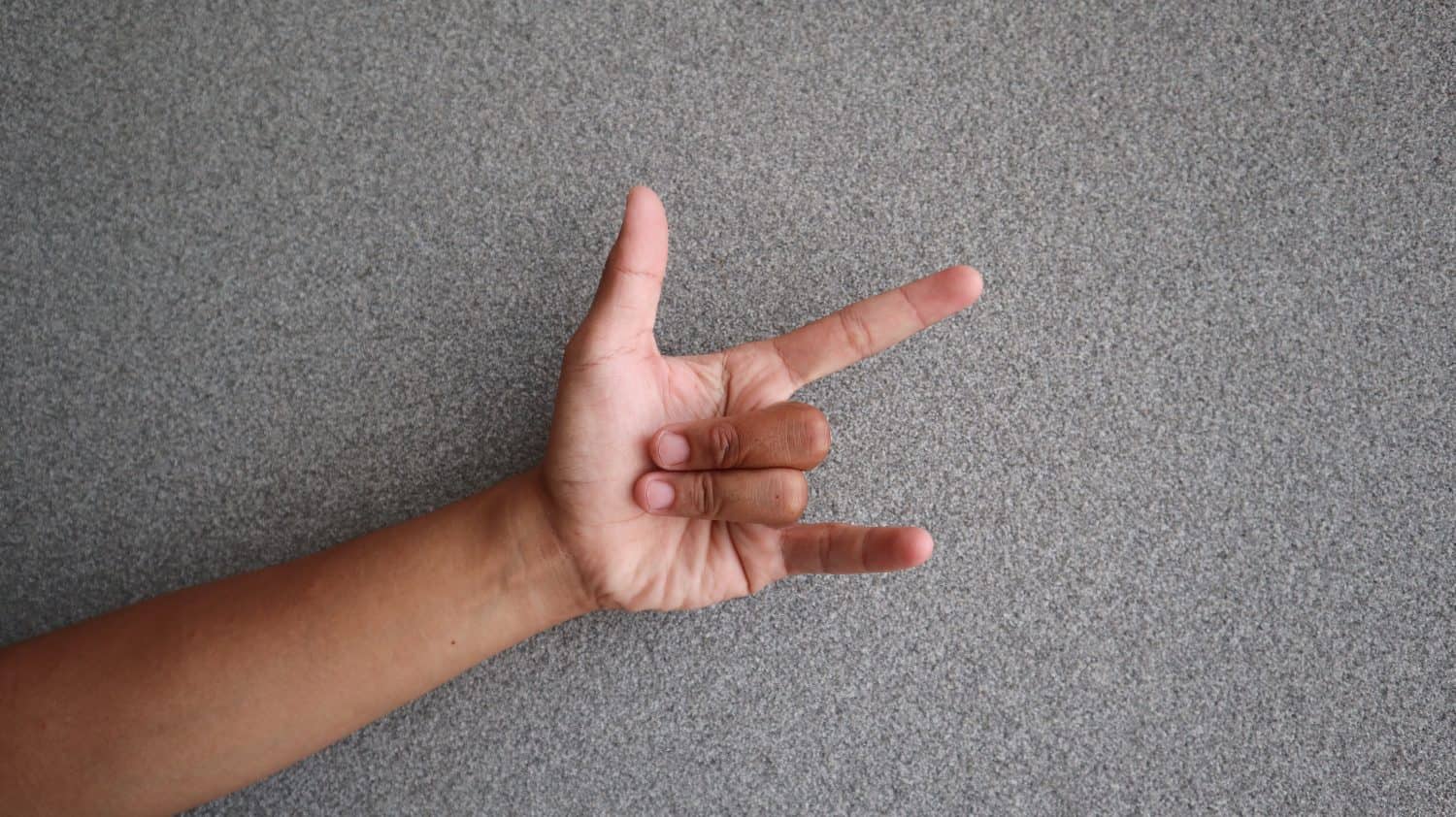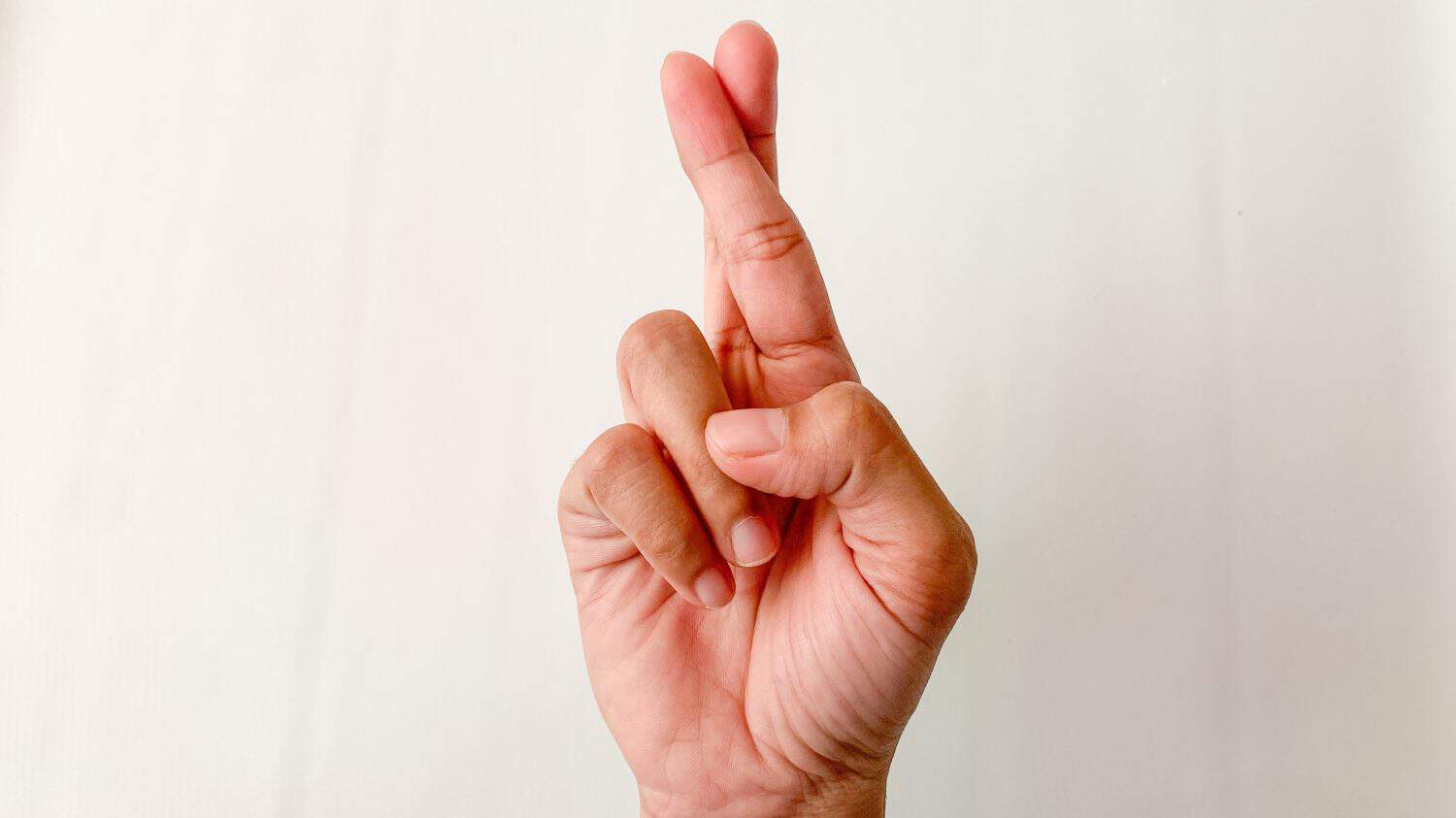Population and Social Characteristics
Avoid These Gestures Overseas - They Don't Mean What You Think They Do

Published:

One of the best things about having the opportunity to travel and see the world is understanding all of the cultural aspects of somewhere you have never been. While it’s okay to get swallowed into our little American bubble, the rest of the world has its own way of life with food, clothes, music, dance, and even less notable things like hand gestures.
It’s important to remember that such hand gestures that might be acceptable or at least understood here in the United States could mean something entirely different around the world. There’s a better-than-good chance that something acceptable here at home could be potentially rude or embarrassing elsewhere in the world.

In the United States, shaking your head yes or no is an everyday action that’s rarely given a second thought. However, it’s reversed in Greece, so doing so could cause major confusion.

Using your index finger to point in the US is often regarded as just drawing attention to something. However, in Arab and Asian worlds, pointing at someone could be interpreted as overly aggressive.

What is often considered a “come here” hand gesture in the United States means something quite different in Latin America. It’s interpreted as beckoning someone over like they are an animal.

For many Americans, crossing their arms is simply an opportunity to do something with their arms. However, this gesture is rude in Finland and a sign of arrogance.

Flicking your thumb from the back of your upper front teeth might be fairly meaningless in the US, but in India or Pakistan, it’s akin to saying the “f” word.

In ASL (American Sign Language), flicking your chin with your hand means you are saying “thank you.” However, in other countries like Italy and France, it could rudely mean “get lost” or “go away.”

This gesture might be greatly appreciated at University of Texas football games, but in Spain, Italy, Portugal, Brazil, and Colombia, it means your spouse could be having an affair.

While this is often related to thinking about good luck in the United States, the people of Vietnam view crossed fingers as an offensive sign of the female body and could get very upset.

A hand gesture of peace is common in the US, but if you make this sign with your palm facing you outside the US, it could be considered a gang sign in places like the United Kingdom.

Giving someone the “OK” sign is generally pretty benign in the States, but it could be misconstrued as giving someone the middle finger in Brazil, a lesson President Richard Nixon once learned.

While the thumbs-up gesture may be best associated with Siskel and Ebert movie reviews, it’s also the equivalent of giving someone the middle finger in countries like Greece, Iran, Australia, and Nigeria.

What might seem completely harmless, like having your hands in your pockets, could be considered rude in countries like Japan, Germany, or the United Kingdom.
Are You Ahead, or Behind on Retirement? (sponsor)
If you’re one of the over 4 Million Americans set to retire this year, you may want to pay attention. Many people have worked their whole lives preparing to retire without ever knowing the answer to the most important question: are you ahead, or behind on your retirement goals?
Don’t make the same mistake. It’s an easy question to answer. A quick conversation with a financial advisor can help you unpack your savings, spending, and goals for your money. With SmartAsset’s free tool, you can connect with vetted financial advisors in minutes.
Why wait? Click here to get started today!
Thank you for reading! Have some feedback for us?
Contact the 24/7 Wall St. editorial team.